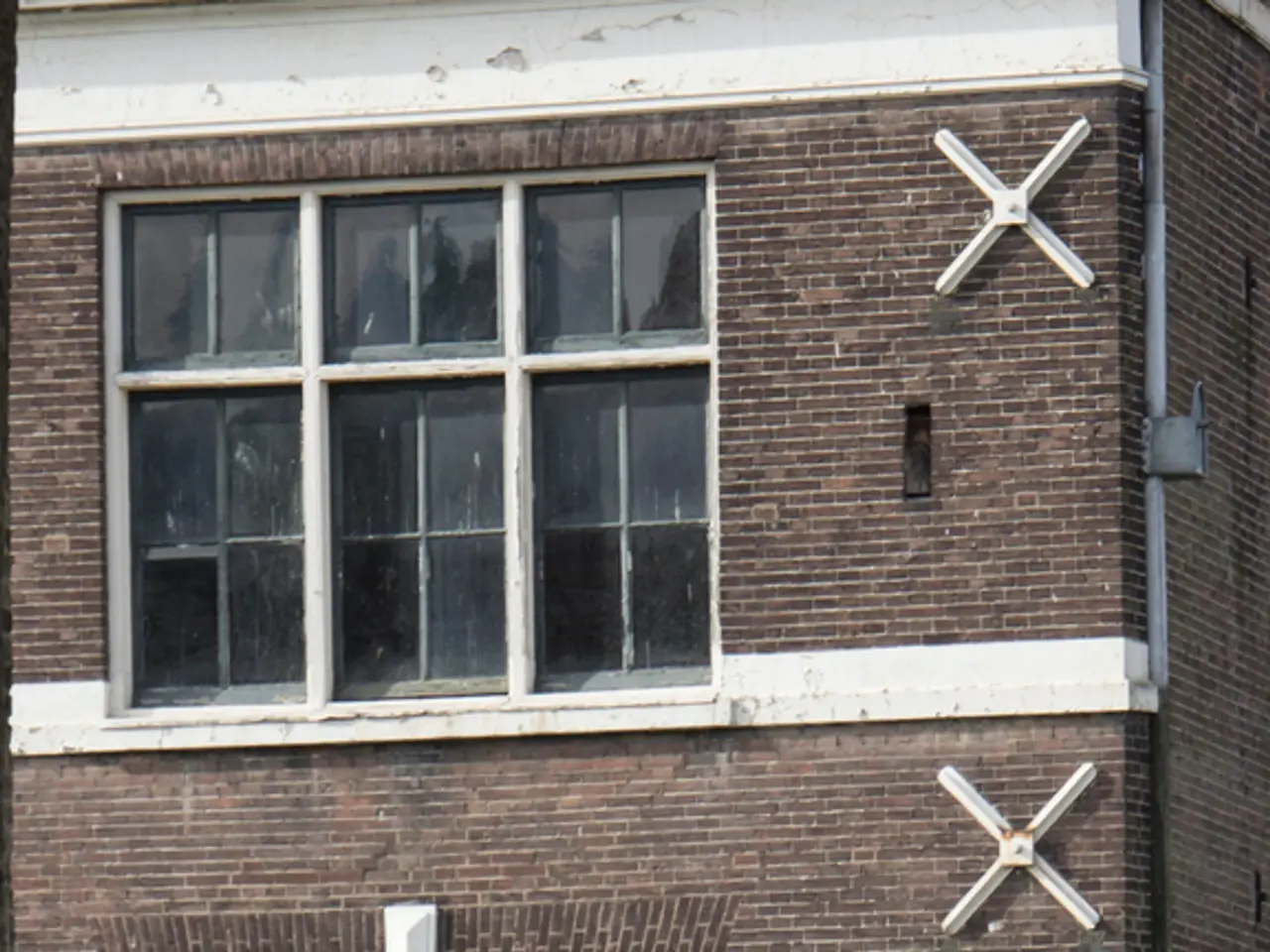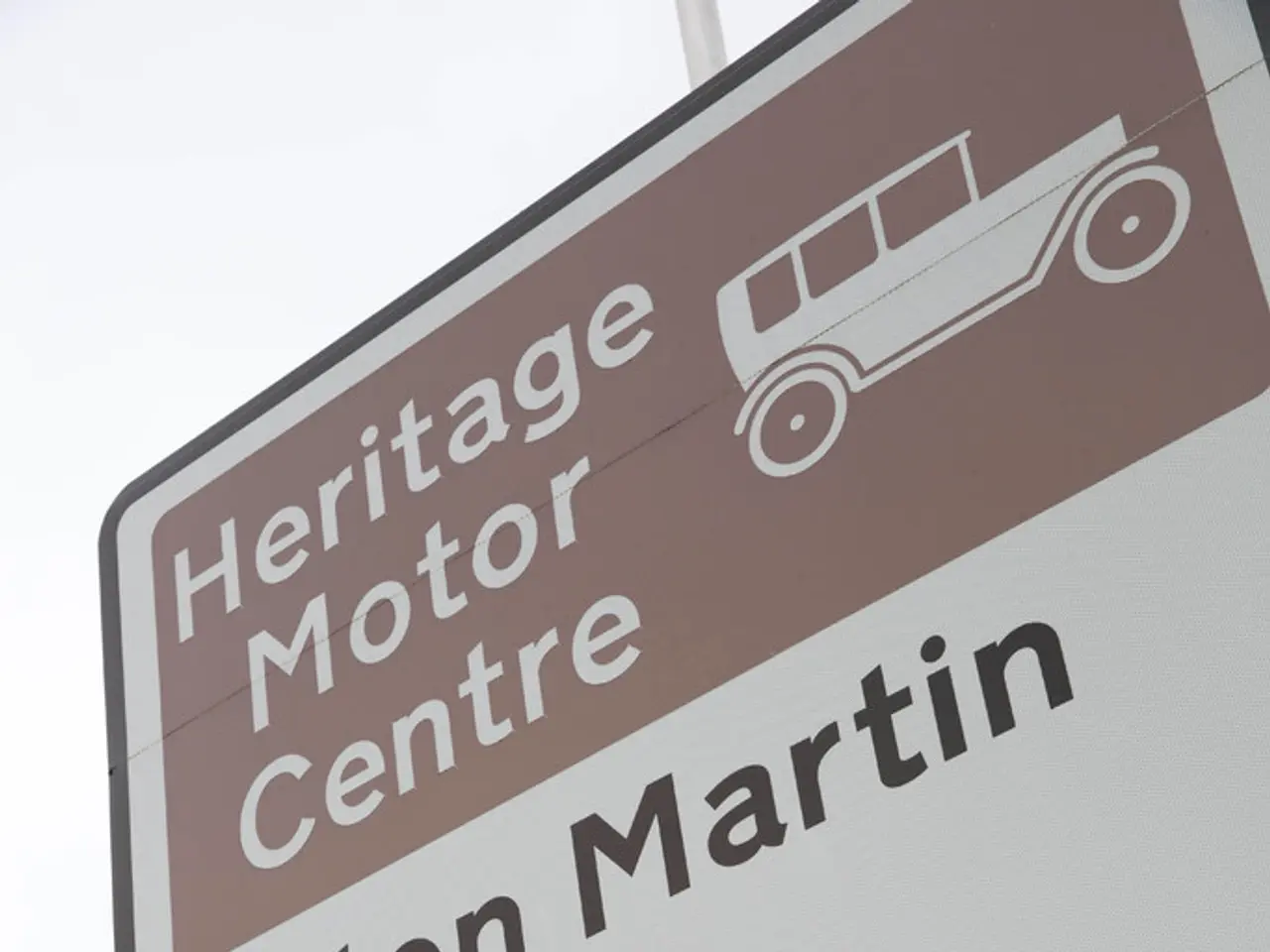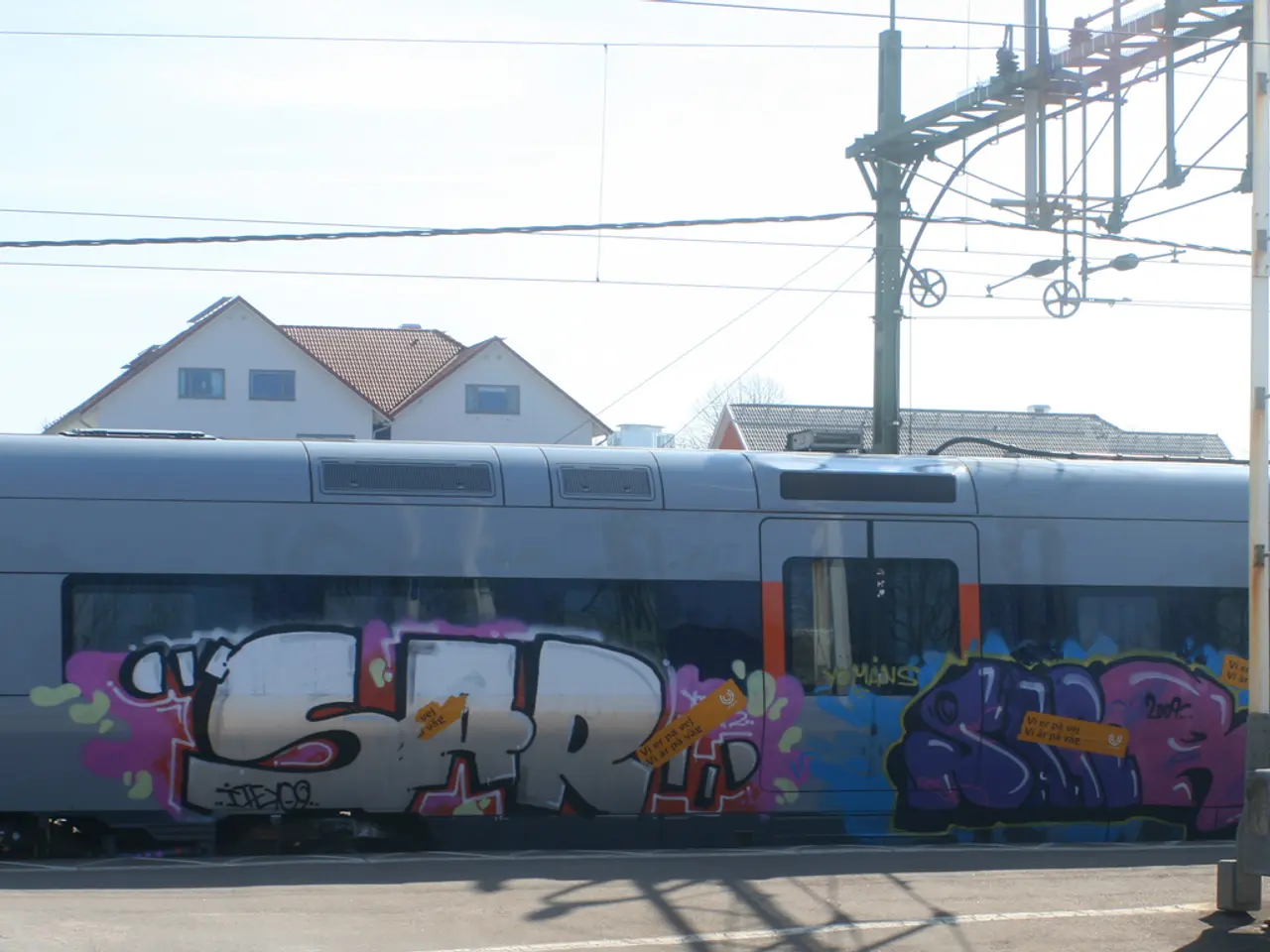Municipal buildings in question face potential collapse and mold issues, as highlighted by FPÖ following thorough inspections.
In the heart of Austria's capital, Vienna, the issue of municipal housing has taken centre stage in recent political discussions. The Freedom Party of Vienna (FPÖ), led by Dominik Nepp, has been vocal about what it perceives as neglected repairs and a lack of renovation in the city's housing stock.
The FPÖ's concerns centre around the condition of municipal housing buildings, with broken windows, unresolved water damage, and mold being common issues. Residents have expressed their frustration at the living conditions, which they deem undignified.
Nepp, the FPÖ party leader and top candidate, has accused Mayor Michael Ludwig (SPÖ) of neglecting the renovation of these buildings. He proposes a comprehensive expansion of municipal housing and its adaptation to housing cooperatives, which he believes could lower rents by up to 40%.
The FPÖ's focus on municipal housing is a reflection of its increased influence in Vienna politics following the 2025 municipal elections. However, specific details about the FPÖ's municipal housing survey, outlining structural defects, repair backlogs, or renovation proposals, are not readily available in the search results.
Michael Oberlechner, another FPÖ member, has criticised the red heart (SPÖ) for prioritising its own people over the people, and has accused the Social Housing AG of investment losses up to €70 million under the former director Josef Ostermayer. Oberlechner finds it noteworthy that the ÖVP and NEOS are silent about these shortcomings.
The SPÖ-affiliated association of Vienna's workers' homes is involved in the Social Housing AG through "complex structures". This connection raises questions about the management and funding of municipal housing in Vienna.
The extent of the repair backlog in municipal housing buildings is estimated to be up to €10 billion. Examples of buildings with serious structural issues include those on Handelskai and Baumgartenstraße. In a worrying development, many municipal housing buildings are at risk of collapse.
The Court of Audit has found that 75% of Vienna's municipal apartments require renovation, adding to the €10 billion backlog. This stark reality underscores the urgency for action and renewed focus on the maintenance and renovation of municipal housing in Vienna.
As the political discourse continues, it remains to be seen how the FPÖ's proposals will be received and whether they will lead to tangible improvements in the living conditions of those residing in municipal housing. For now, the FPÖ's concerns about the state of municipal housing in Vienna serve as a reminder of the need for continued vigilance and action to ensure the provision of safe, dignified, and affordable housing for all residents.
The FPÖ, led by Dominik Nepp, has proposed a comprehensive expansion of municipal housing and its adaptation to housing cooperatives to lower rents by up to 40%, in response to concerns about the poor state of municipal housing buildings in Vienna. However, criticisms have been levied against the SPÖ-affiliated association of Vienna's workers' homes, with Michael Oberlechner accusing them of investment losses up to €70 million under the former director Josef Ostermayer, raising questions about the management and funding of municipal housing in Vienna.




